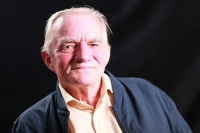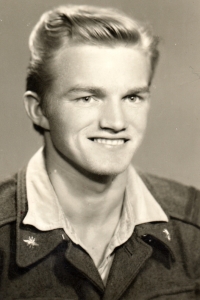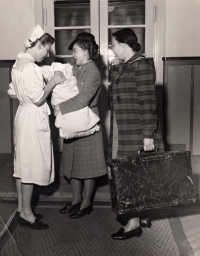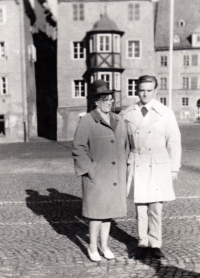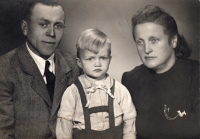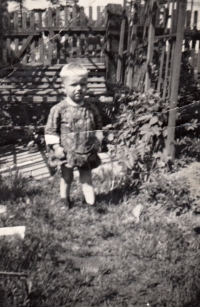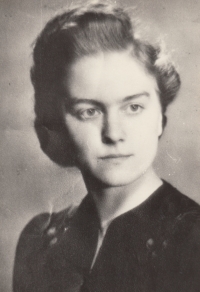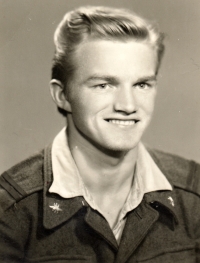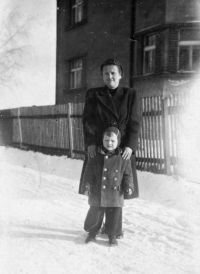I was a lost child of war. The Czechoslovak authorities made a Czech from a German and robbed me of my identity
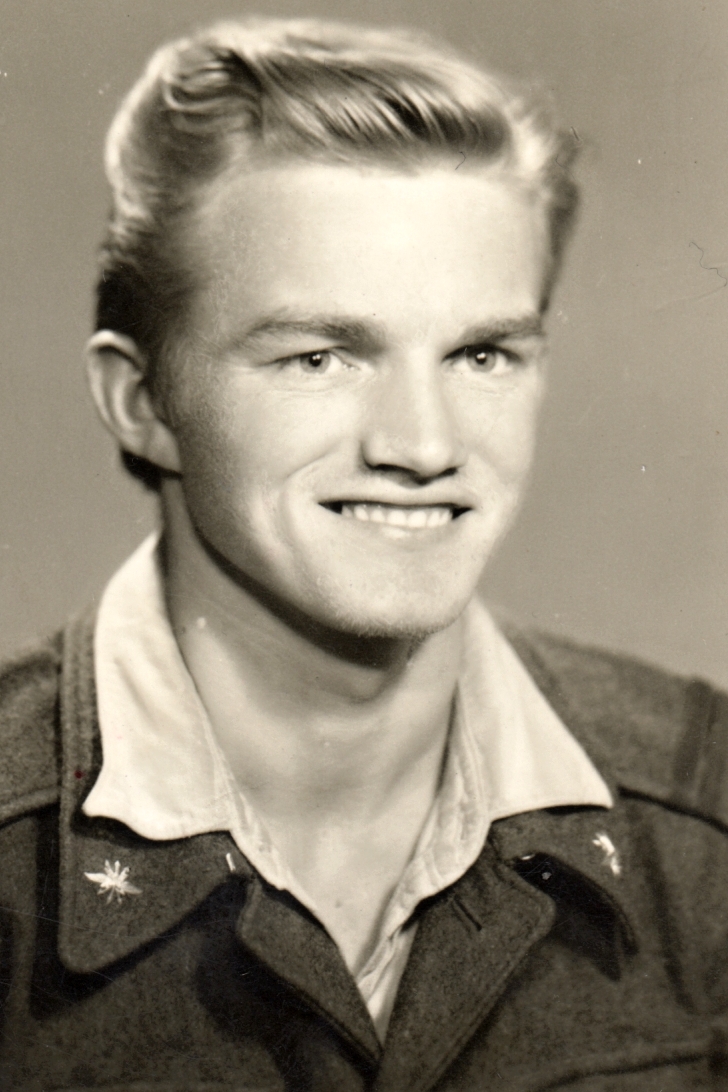
Download image
Jiří Rak was born as Jürgen Dieter Niedner on 6 October 1944 in Königsdoff in the Polish Upper Silesia, then part of the German Third Reich. His parents were Germans. They worked in a factory in occupied Poland. His unmarried mother temporarily handed her son over to a nursery near Opole, but the arrival of the front did not allow her to get him back. In spring 1945 the six-month old Jürgen was taken to Cheb in a transport of German refugees. His mother searched for him via the German Red Cross, but was unsuccessful in finding him. In 1948 he was adopted by the Rak family and received Czech citizenship and the name Jiří Rak. He trained as a machine assembler. He worked as a telephone repairman. He met his birth mother when he was already thirty years old. After the fall of the communist regime he got involved in the betterment of Czech-German relations. He collaborated with compatriot organizations in Germany. He was engaged in the history and mapping of historical sights of interest in the Cheb region.
